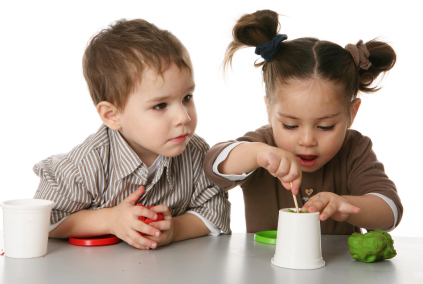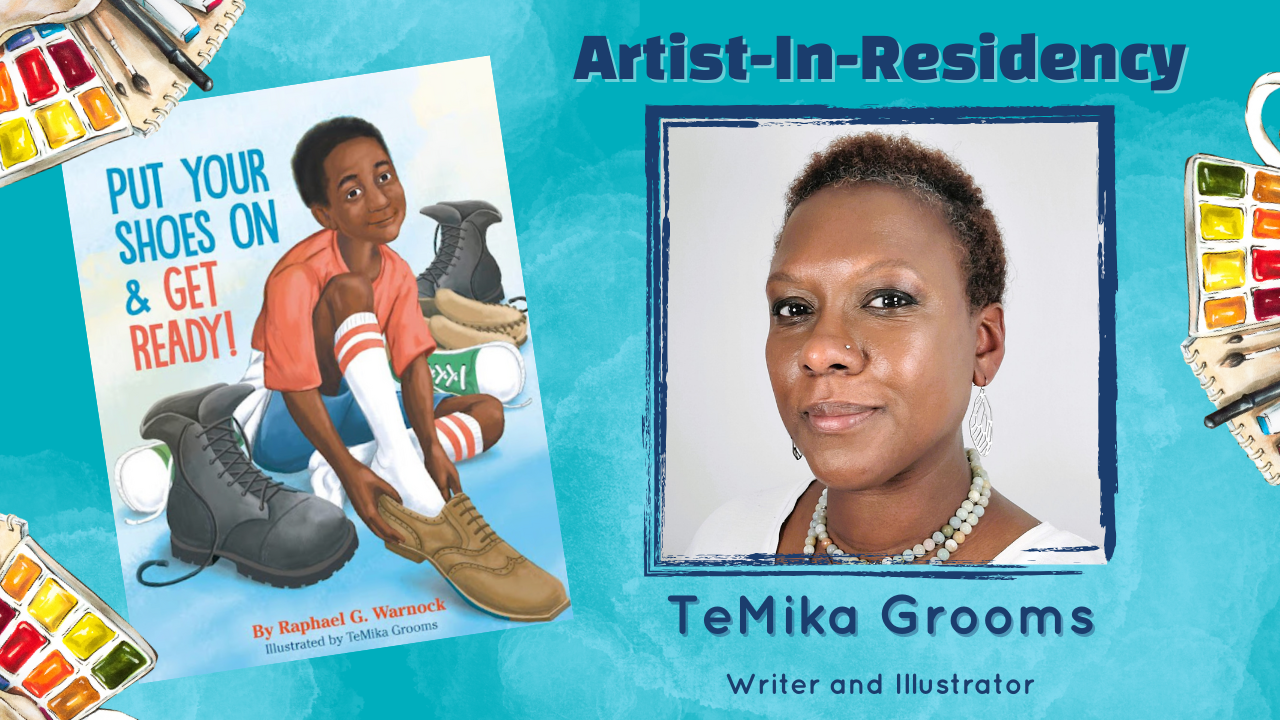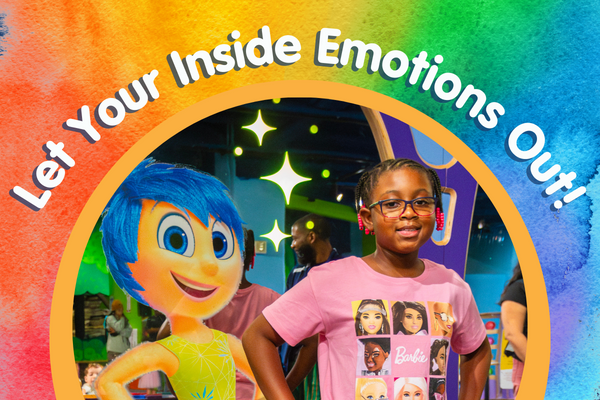Science for Preschoolers is Fun!
One of the many things adults assume about pre-school age children is that they are too “young” to do science. And if you see science as mysterious green solutions fizzing in tubes and occasionally going “bloop!” or worse, “BOOM!!” that is probably true. But what child development and science education experts know is that young children are natural scientists. For them, nothing in the world is a given. They test and experiment with everything. As an example, an adult knows that if you let go of the ball, it drops to the ground and you have to pick it up – gravity is pulling it there. For a one or two year old – there is always the exciting possibility that this one time, if you let go of the ball – it will go up! So they drop it again and again (waiting for their grown up to hand it back to them) to see what happens. Young children experiment every day like that.
So as adults, how can we help support our young children’s science learning? The National Science Teachers Association has come up with key principles to support this early science learning – and we’ve listed some of them below:
- Adults play a central and important role in helping young children learn science.
- Children (and adults) have more fun when they learn together and when the adult creates an environment that is open to science learning – which may include making fun messes.
- Young children need multiple and varied opportunities to engage in science exploration and discovery.
- There are lots of fun ways to do science exploration with young children, everything from going to the park and seeing how many different types of bugs you can find, to visiting the Children’s Museum and seeing if the child can engage in some of the basic science steps: designing an experiment (Can I make the orange ball go to the water play in the ball machine?) to testing different paths (If I put it in the giant corkscrew, where does it end up?) to learning the results (I made it go to the water pool!).
- Young children develop science skills and knowledge in both formal and informal settings.
- In other words – science happens everywhere! At home, in the community, and in the classroom.
- Young children develop science skills and knowledge over time.
- To effectively build science understandings, like having your child learn about light and energy, takes place over many days or weeks of discussion and having fun with everything from learning about shadows, to using a prism to make a rainbow.
- Young Children develop science skills and learning by engaging in experiential learning.
- Hands-on, real life learning resonates with pre-school children. They are not abstract thinkers yet, so they like concrete examples that reflect their daily lives.
As a parent, one of my handicaps with teaching my young children science was my own fear that I didn’t know enough! If my child asked me “How does gravity work?” I would quickly make up an answer having to do with the earth’s huge mass and how that mass pulls lighter things (objects with less mass) and holds them down. Then the scary next question “what is mass?” at which point I was out of my depth and quickly changed the subject (Okay, not the ideal parenting technique!). Now, what I would do is say “I don’t know, let’s have fun finding out together” and use some of the great resources available to parents and adult caregivers. I’ve listed some websites below that we use here at the Children’s Museum to help.
The Children’s Museum has lots of opportunities for our young learners to engage with science, from our exhibits to fabulous programs like Exploration Station and Dr. Science Workshops. Please join us and have fun with science!
The Georgia Department of Early Care & Learning has great developmental standards for young children – with a lot of resources for parents and children.
Science Kids: Fun Science and Technology for Kids
The Exploratorium in San Francisco has great info for parents and kids.


